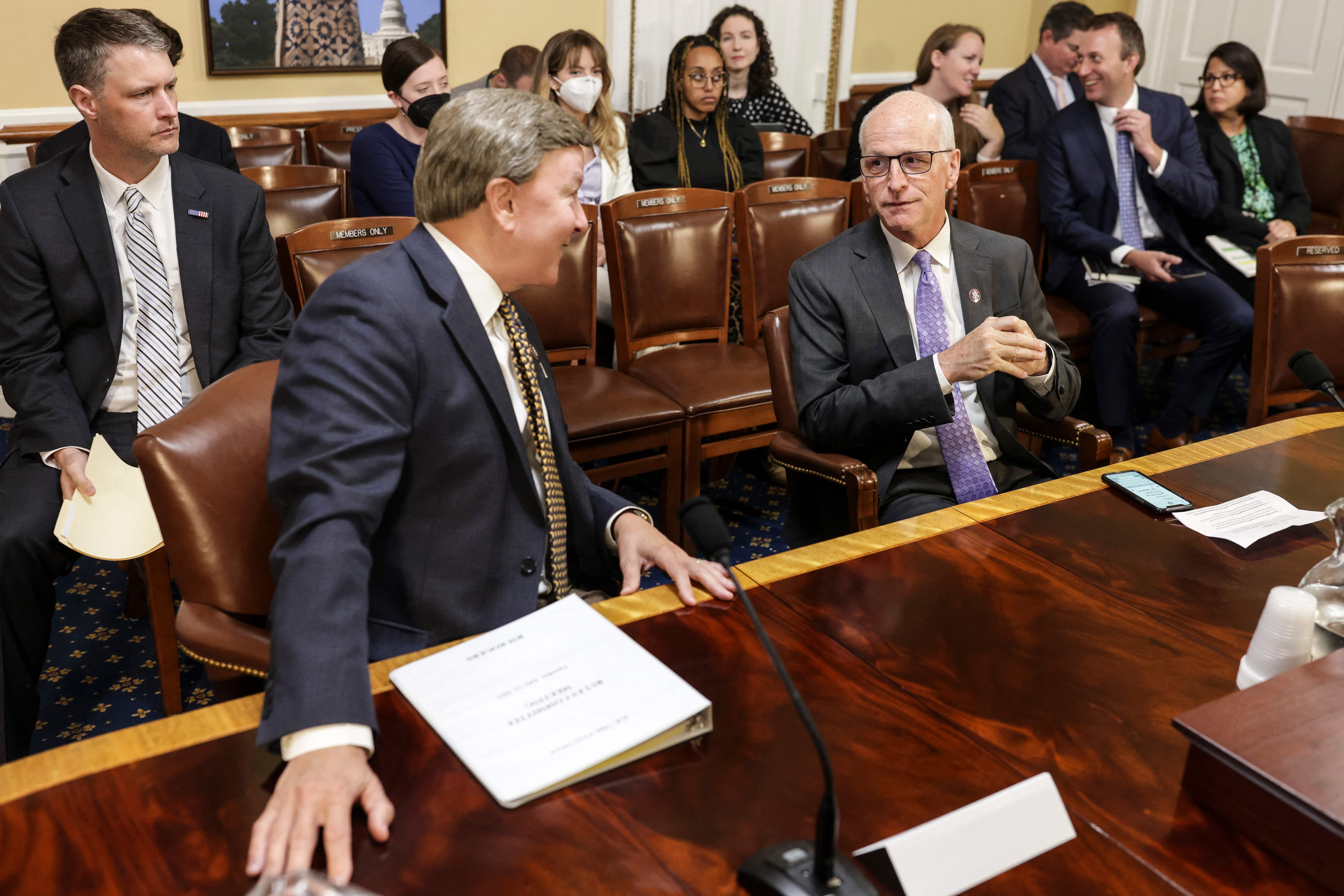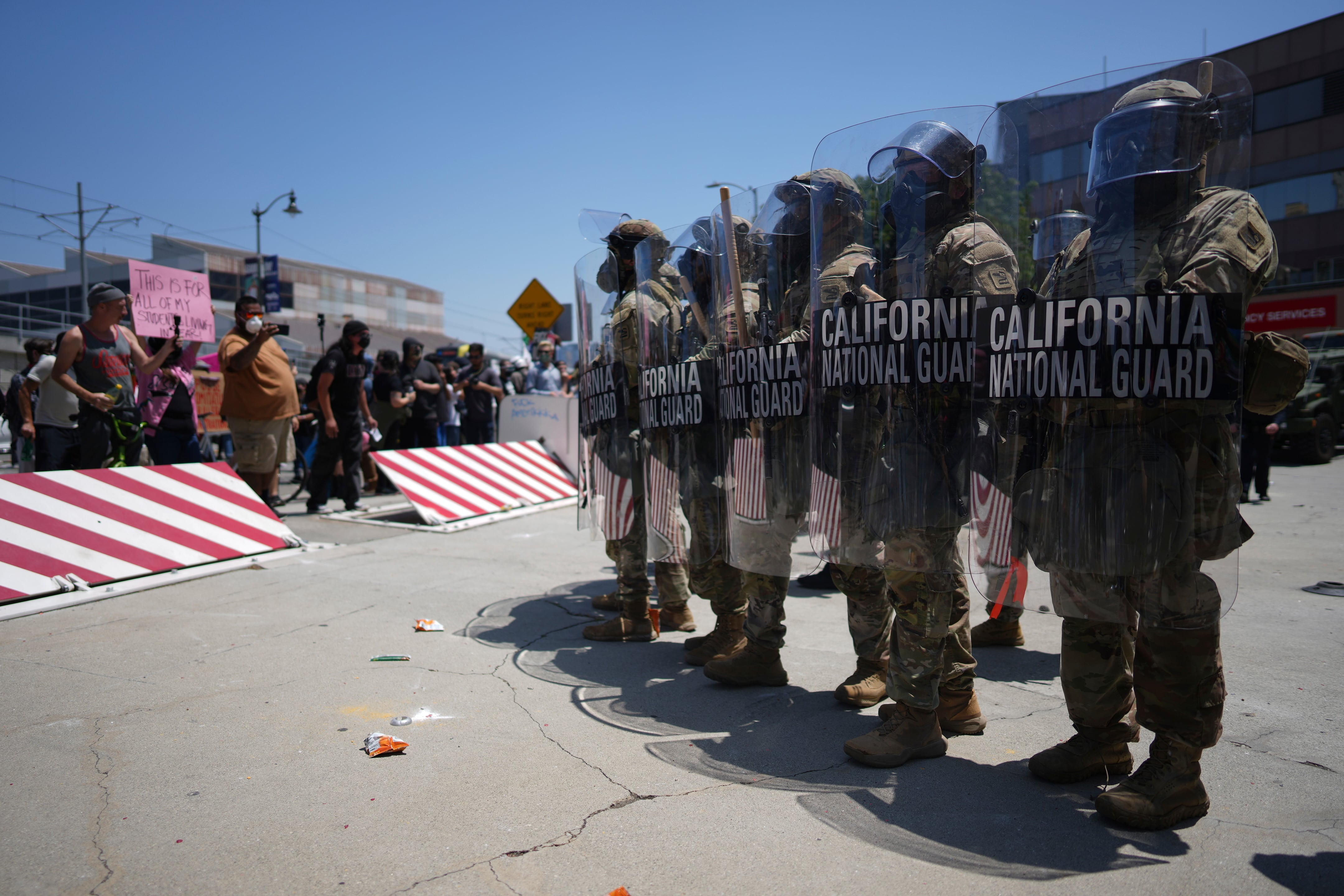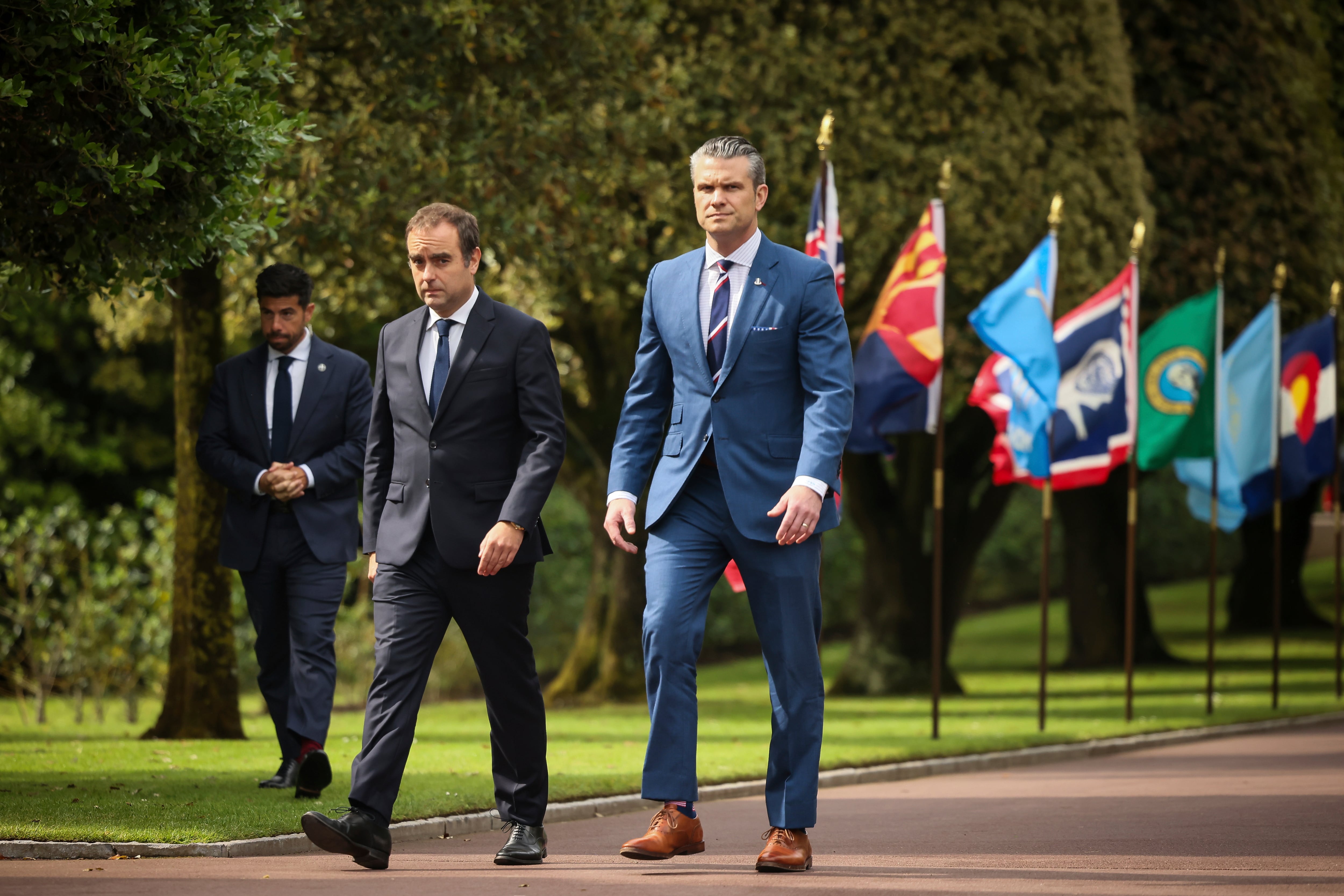Nearly 10 percent of all U.S. businesses are majority owned by veterans, employing over 5 million people and bringing in over $1 trillion in revenue. Veterans are known for their resourcefulness, leadership capabilities and unique skillsets – but where a veteran lives is also an important factor in his or her success.
A successful startup requires a great idea, entrepreneurial initiative, a strong network and sufficient capital. But a critical and often-overlooked factor to success is an ecosystem that supports new and growing businesses.
The PenFed Foundation conducted a first-of-its-kind study, in collaboration with Edelman Intelligence, to identify the best U.S. cities for veteran entrepreneurship. The study explored a variety of factors including economy, population, livability, veteran-specific resources and friendliness to new businesses. To ensure objective rankings, the study leveraged data sets provided through large-scale reporting and official channels for analysis, offering a non-biased level of information for cities across the U.S. Additional data sources provided more nuanced details around topics such as entrepreneurship.
The New York-Newark-Jersey City metro area took the overall top spot, followed by the Chicago, Dallas and Seattle metro areas. The New York and Washington areas ranked as the top cities specifically for veteran resources, and San Francisco and Cleveland for the best resources for supporting new businesses.
New York state has over 2,000 veterans’ organizations. The state reportedly spends over $20 million on veterans programs. New York also offers quality-of-life benefits like public transit and so many restaurants that it would take over 20 years to eat at all of them. Smaller cities, like Minneapolis, Cleveland and Columbus, Ohio, also made the top 15.
As part of the study, we used information from various government agencies, including the Department of Veterans Affairs, the U.S. Census Bureau, and the Bureau of Labor Statistics, to explore key datasets across U.S. cities. Each individual metric (like number of parks, job growth and veteran population) featured a unique weighted percentage.
We identified several factors critical to the success of veteran entrepreneurs:
- Support for veterans: The degree to which a city provides the foundation for a veteran to have support and the tools to be successful.
- Ability to start a business: The ability of a city to foster new business development and entrepreneurial success.
- Economic growth: The relative growth of a city across multiple economic indicators.
- Livability: The degree to which a city provides the amenities veterans seek when choosing where to live.
The report found that New York and D.C. ranked highest in veteran focus, which considered factors such as veteran support groups and associations, veteran unemployment rates and the number of VA-accredited attorneys. Washington has over 1,000 veterans’ organizations. Both have large veteran populations and strong veteran employment opportunities.
A city’s attractiveness for starting a business was rated by its corporate income tax rate, its business survival rate, its educated labor force, and its venture capital investment, among other factors. San Francisco and Austin topped the list in these categories.
According to Pew Research, Americans trust the military community more than any other institution, with 80 percent of Americans believing the military will act in the best interests of the public. Small businesses are the second most trusted institution. It makes sense, considering both institutions’ strong emphasis on service. This is why veteran entrepreneurs are poised to bring transformational change to America’s cities.
To support this change, we need to provide veterans with the resources they need to make a difference in their families and communities. This means increasing city-level support for veteran entrepreneurs, from offering competitive small business loan rates and venture capital investment, to supporting the hiring of veteran spouses, to more business development support, to increasing funding for veteran support groups.
The effect will be exponential: Veterans are 30 percent more likely to employ other veterans; so an investment in one company can lift up a whole network of individuals and families.
As a country, we’ve stepped up to aid our veterans with education, with health care and with popular support. Now, it’s time we supported them in business as well.
To learn more about how you can support veteran entrepreneurs, visit the PenFed Foundation’s Veteran Entrepreneur Investment Program site.
Seda Goff is director of veteran entrepreneurship for PenFed Foundation.
Editor’s note: This is an Op-Ed and as such, the opinions expressed are those of the author. If you would like to respond, or have an editorial of your own you would like to submit, please contact Military Times managing editor Howard Altman, haltman@militarytimes.com.










